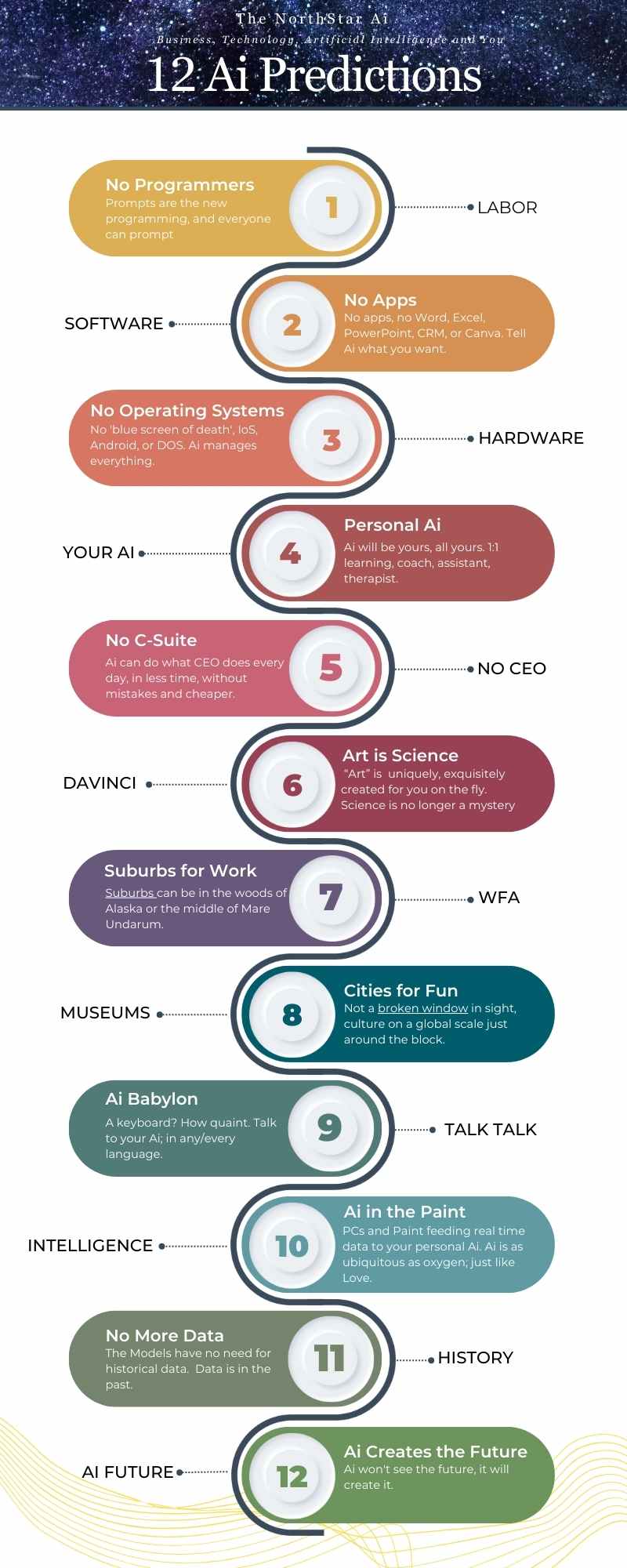|
A personal perspective by Charlie G. Peterson, IV "Generative AI has the potential to accelerate the spread of both mis- and disinformation, and exacerbate the ongoing challenge of finding information we can trust online," - Kate Starbird, University of Washington. Summary
OpenAI, the creators behind ChatGPT, believe their latest GPT-4 model can efficiently moderate content, reducing the emotional strain on human moderators. However, the rise of generative AI also poses a significant threat, making misinformation more prevalent and persuasive. As Kate Starbird, a professor at the University of Washington, aptly puts it, generative AI functions as a "BS generator." Tech giants are now in a race against time, developing strategies to combat the challenges posed by AI-generated content. "In the vast digital landscape, GPT-4 stands as a sentinel, guarding us from the storm of misinformation. Yet, like every sentinel, it too has its blind spots." - Charlie G. Peterson, IV From the bustling streets of modern cities to the quiet corners of ancient ruins, I've unearthed stories that have shaped our world.
Today, I find myself standing at the crossroads of a digital revolution, where the relics of the past meet the innovations of the future. As I delve into the world of generative AI, I'm reminded of the duality that has always existed in our history - the promise of progress and the shadows of its implications. The Beacon of Hope in the Digital Chaos In the heart of this digital age, OpenAI's GPT-4 emerges, not as an artifact, but as a beacon of hope. Much like the intricate designs of ancient relics, GPT-4 is a testament to human ingenuity. The creators behind this marvel believe it can efficiently moderate content, reducing the emotional strain on human moderators. A world where machines shield us from the darker corners of the internet? It's a tantalizing prospect. The Shadows Looming Large
But as I've learned from my archaeological pursuits, every treasure has its curse. The rise of generative AI, while promising, casts a long shadow. Misinformation, a challenge even before the digital age, now threatens to become a deluge. The red-hot technology of generative AI promises to make misinformation not just abundant, but compellingly persuasive. I recall the words of Kate Starbird, a professor at the University of Washington, who aptly described generative AI as a "BS generator." The very tool designed to protect us might also be our downfall. It's a paradox that reminds me of the ancient tales where heroes were often undone by their strengths. The Tech Titans and Their Quest In this unfolding saga, tech giants emerge as the protagonists. Google, with its vast digital empire, commits to connecting people to high-quality information. Their mission, as they shared with Axios, is to equip users with tools to evaluate information, from watermarking to metadata innovations. Meta, the parent company of the once-beloved Facebook, is on a similar quest. They apply the same rigorous policies to AI-generated content as any other, ensuring that factual claims are subject to third-party fact-checking. Their arsenal includes breakthrough AI techniques like the "Few Shot Learner," designed to identify harmful content swiftly. And then there's Microsoft, the old guardian of the tech realm. Their chief scientific officer, Eric Horvitz, expressed deep concerns about the use of generative AI in disinformation. Their teams, much like vigilant knights, are tracking the evolving uses of deepfakes and working tirelessly to prevent the promotion of harmful content. "In the dance of progress, we must move with grace, ensuring that every step forward doesn't lead us two steps back." - Charlie G. Peterson, IV The Path Forward
As I stand at this intersection of past and future, I'm reminded that the challenges we face are not unique to our era. History has shown us that with every innovation, there's a need for caution and responsibility. To combat the looming threat of AI-driven misinformation, we must employ a multi-pronged strategy:
In Reflection
As I embark on this journey through the digital realm, I'm filled with a mix of awe and caution. The potential of generative AI is undeniable, but so are its challenges. In the words of an old archaeological adage, "With great discovery comes great responsibility."
Tweet: "Generative AI: A beacon of hope for content moderation or the next big challenge in the fight against misinformation? Dive deep with me into the heart of this technological conundrum. #AI #ContentModeration #Misinformation"
SEO Based Title: "Generative AI and the Future of Content Moderation: Challenges and Solutions" SEO Post Description: "Explore the potential of OpenAI's GPT-4 in content moderation and the looming threat of AI-driven misinformation. How are tech giants responding?" Introduction Paragraph for a LinkedIn Post: "In the ever-evolving world of AI, OpenAI's GPT-4 stands out as a beacon of hope for content moderation. But with great power comes great responsibility. Let's delve into the challenges and solutions of AI-driven content in today's digital age." Keyword List: OpenAI, GPT-4, content moderation, misinformation, generative AI, Kate Starbird, tech giants, AI challenges, AI solutions, misinformation threats Description of an Ideal Image: A balanced scale with the OpenAI logo on one side and a mixed pile of newspaper headlines (some true, some false) on the other, symbolizing the balance between AI's potential and the challenge of misinformation. Search Question: "How is generative AI impacting content moderation and misinformation?" Title: "AI's Balancing Act: The Promise and Peril of Content Moderation" Funny Tagline: "AI to the rescue... or maybe just adding to the chaos?" Suggested Song: "Double Edged Sword" by Nikki Flores Table of References:
0 Comments
Your comment will be posted after it is approved.
Leave a Reply. |
Topics & Writers
All
AuthorsGreg Walters Archives
July 2024
|



